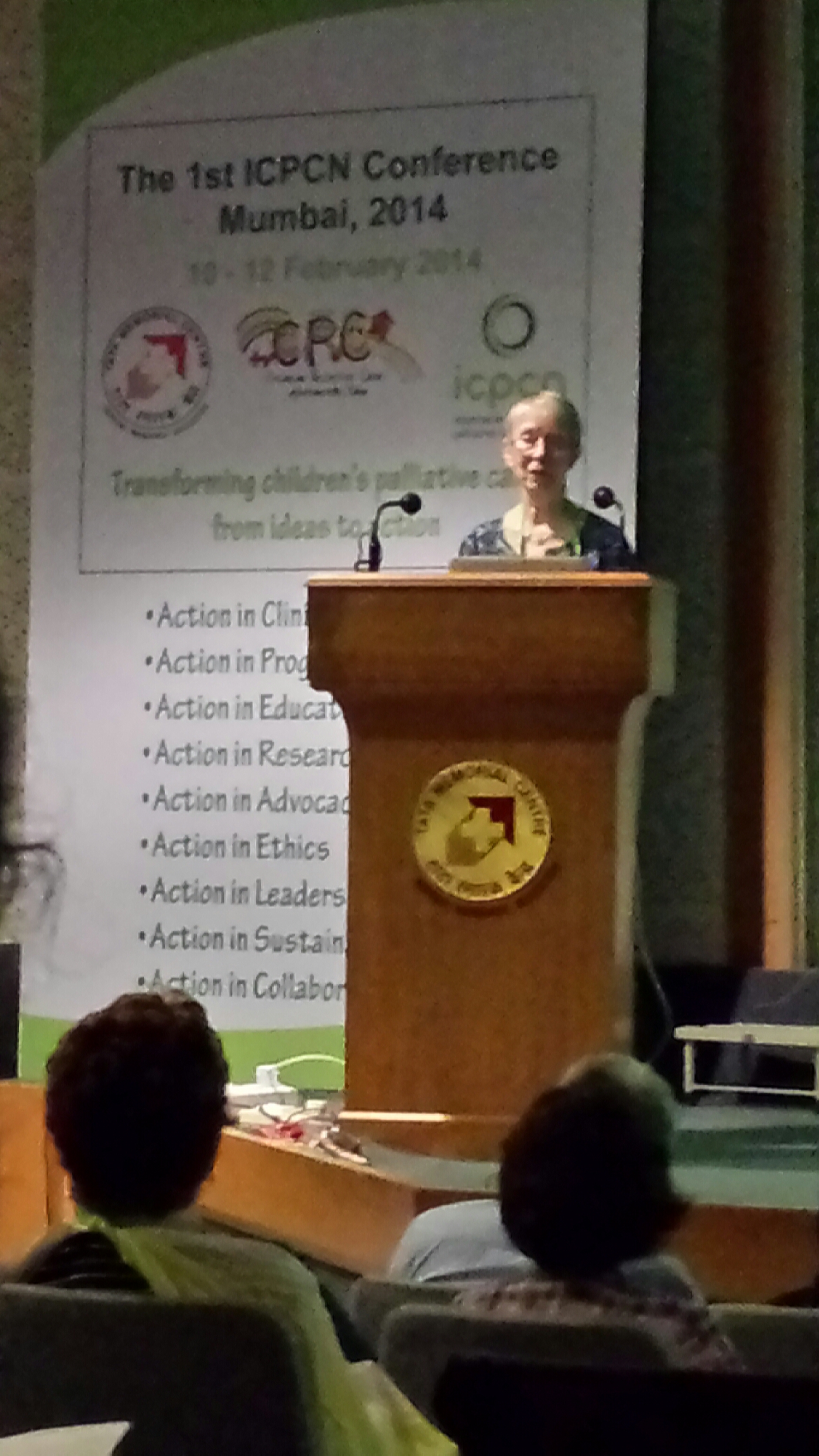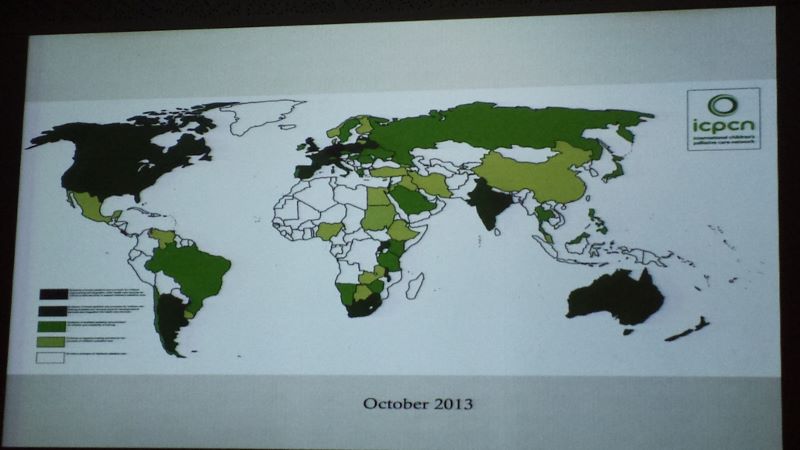Although I learned more from listening to the streets of India than from the famous doctors and professors who presented that the International Children’s Palliative Care Network Conference, I left the conference full of ideas and enthusiasm.
I spent many of my breaks with residents (doctors in training) from Holland and the U.K. One of them described a patient he’d seen in the previous week who had passed away when he was on the night shift:
A little girl with a Dutch name I cannot pronounce had been battling a degenerative disease for months. Her hospital room turned into a condensed campsite for about 20 members of her Evangelical family praying for her. Although the emotional support might have been vital to the family’s sanity, their campsite created a bit of a minefield for healthcare providers to traverse around. Doctors and nurses faced an obstacle course of humans each time they entered to monitor her vital signs and administer pain medication. The girl had been well-loved and respected by everyone at the hospital, but was mostly unresponsive to stimuli in her final days. The family sensed that she was declining.
According to the doctor in training, the young girl’s last breath escaped when the new resident was alone in the room with her and her large family. The family screamed in pain “from their bone marrow.” Only the girl and the resident were silent. No one else was there to witness the family falling to their knees, raising their arms, flailing around the girl’s body and screaming. The new doctor could hardly hear her last heartbeat to establish the time of death.
Doctors and nurses who choose to provide comfort to patients close to death have my utmost respect. Most of them do not go into the field with the intention of witnessing death or being responsible for a room full of screaming parents who would rather sacrifice their own lives than watch their child die. That, in most doctors’ books, is the definition of failure.

Death (and especially the death of a child) is unnatural. It is only those who are willing to “stand in the face of that which we do not know” (according to Sister Francis Dominica, the founder of the first children’s hospice in the world) that take up the task of caring for families in the scariest of places.
Thanks to organizations like the International Children’s Palliative Care Network, the NHCPO, CHiPPs, and others, training is offered to those seeking understanding and collaboration in addressing the needs of those at the end of life.
http://www.icpcn.org/special-projects/icpcn-conference-in-india-2/

